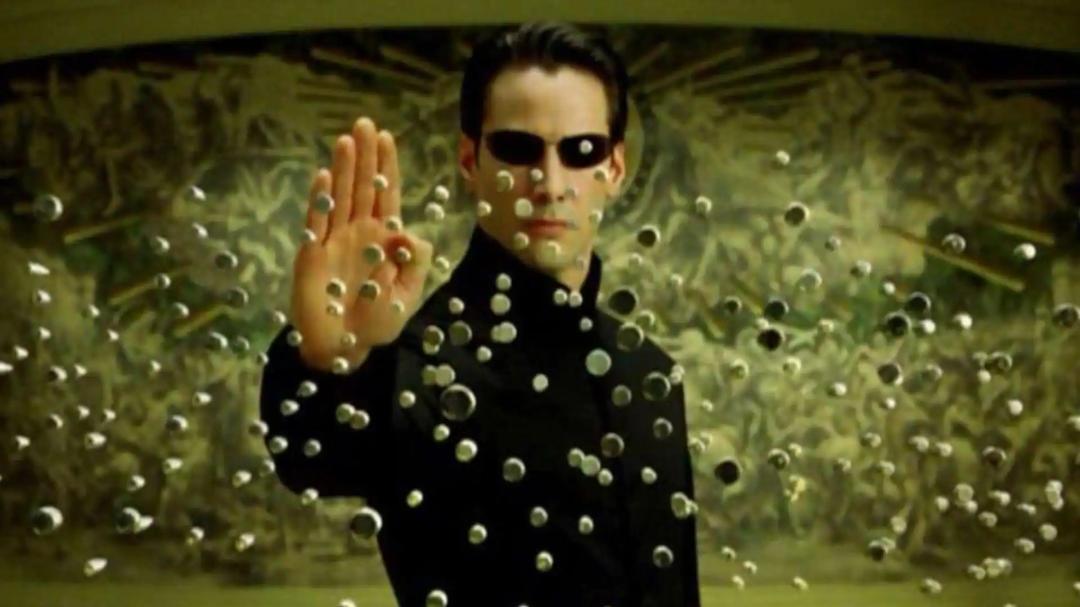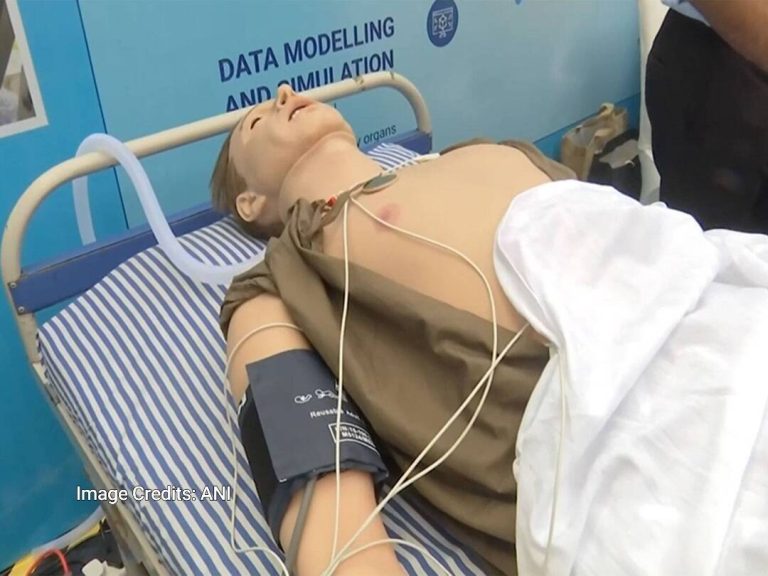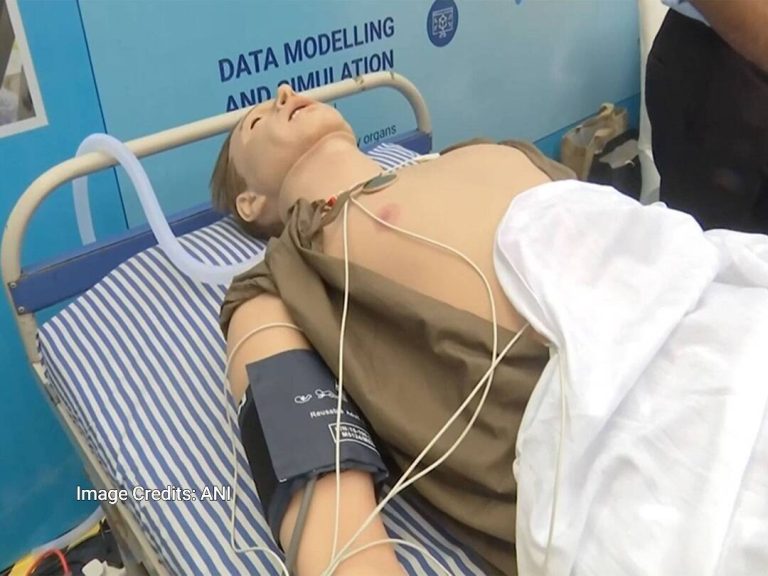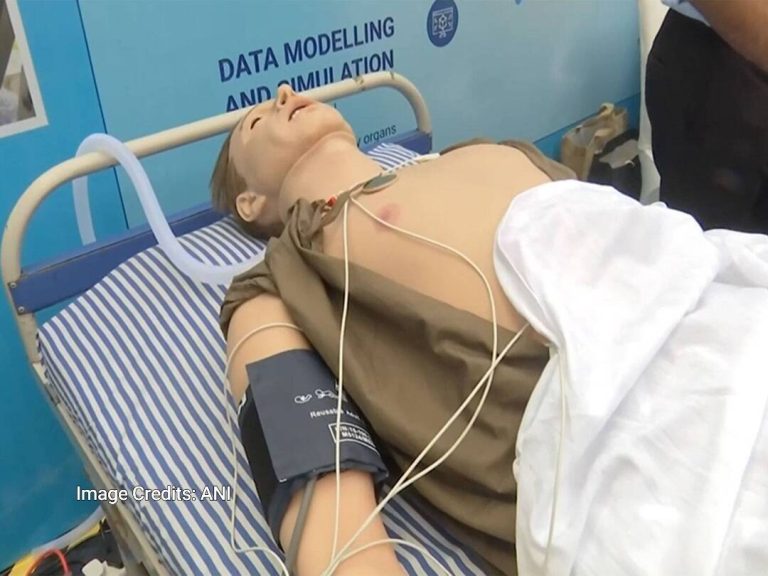
Physicists prove universe isn’t a computer simulation like in ‘The Matrix’
The idea that our universe is a computer simulation, popularized by the iconic movie “The Matrix,” has been a topic of debate among scientists and philosophers for years. However, a recent study by physicists from the University of British Columbia Okanagan (UBCO) has mathematically proved that this concept is nothing more than a fascinating theory. According to a press release, the researchers have shown that the universe is not a computer simulation, but rather it is built on “a type of understanding that exists beyond the reach of any algorithm.”
The study, led by a team of physicists from UBCO, aimed to investigate the fundamental laws of physics and their relationship with space and time. The researchers found that these laws cannot be contained within the boundaries of space and time, as they are the very fabric that generates them. This discovery has significant implications for our understanding of the universe and its underlying structure.
The concept of the universe being a computer simulation is based on the idea that a highly advanced civilization could have created a simulated reality, indistinguishable from the real world. This idea, also known as the “Simulation Hypothesis,” suggests that our reality is a complex computer program designed by a more advanced civilization. However, the UBCO study debunks this idea, providing mathematical proof that the universe is not a simulation.
The study’s co-author stated, “Fundamental laws of physics cannot be contained within space and time, because they generate them.” This statement highlights the complex relationship between the laws of physics and the fabric of space and time. The researchers found that these laws are not bound by the constraints of space and time, but rather they are the foundation upon which our universe is built.
The implications of this study are far-reaching, challenging our understanding of the universe and its underlying structure. The researchers’ findings suggest that the universe is not a computer program, but rather a complex, dynamic system that operates according to its own set of rules. These rules, or laws of physics, are not bound by the limitations of space and time, but rather they are the very essence that gives rise to our reality.
The study’s results have significant implications for the field of physics, particularly in the areas of cosmology and theoretical physics. The researchers’ findings provide new insights into the nature of the universe, challenging our current understanding of space, time, and the laws of physics. The study also raises important questions about the limits of computational power and the potential for simulating complex systems.
The idea that the universe is not a computer simulation may come as a disappointment to some, who find the concept of a simulated reality fascinating. However, the UBCO study provides a more profound understanding of the universe, highlighting the complexity and beauty of the natural world. The researchers’ findings demonstrate that the universe is a rich, dynamic system, governed by its own set of rules, and not a mere computer program.
In conclusion, the UBCO study provides mathematical proof that the universe is not a computer simulation, like in “The Matrix.” The researchers’ findings highlight the complex relationship between the laws of physics and the fabric of space and time, demonstrating that these laws are not bound by the constraints of space and time. The study’s results have significant implications for our understanding of the universe, challenging our current understanding of space, time, and the laws of physics.
The UBCO study is a significant contribution to the field of physics, providing new insights into the nature of the universe. The researchers’ findings demonstrate that the universe is a complex, dynamic system, governed by its own set of rules, and not a mere computer program. As we continue to explore the mysteries of the universe, studies like this one remind us of the awe-inspiring complexity and beauty of the natural world.
News source: https://news.ok.ubc.ca/2025/10/30/ubco-study-debunks-the-idea-that-the-universe-is-a-computer-simulation/






